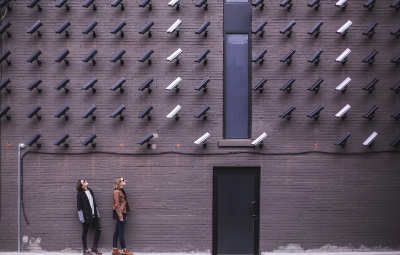You may have heard a lot about online privacy and the concerns associated with it. Everyone seems to be concerned about it for the right reasons. After all, no one wants their privacy compromised in any way.
With the never-ending news about hackers and opportunities to use people’s vulnerabilities in their best interest, you are rightfully concerned about your online privacy. Instead of feeling vulnerable at all times, it is a good idea to add some surety in life.
Here are some of the best tips to help you ensure your online safety.
1. Share with Care
Online shopping has become so much easier. Nothing matches the comfort and convenience of ordering anything from your couch. However, sharing your valuable information online also makes you susceptible to several risks.
If you are about to make online payments for your items, make sure that you trust that platform. Only trust a platform that is well-known for its reliability.
Even if you are sharing files containing any sensitive information, do not rely on emails that anyone can read. Instead, look for secure platforms for sharing your files, such as data rooms.
2. Strengthen Your Passwords
Passwords are your initial layer of protection against the threats of this world. Your passwords can help you strengthen or weaken your online security. It is crucial to make your decisions very carefully.
Instead of using easy-to-guess passwords such as your birthday, pet’s name, or spouse’s number, it is better to avoid the predictable. It is always a good idea to use passwords that are not easily guessable. You can consider a combination of letters, numbers, and symbols to strengthen your password.
3. Read Your Privacy Settings
Many of us can agree that we often accept terms and conditions without reading them. The urge to get the answer to what you are looking for can be stronger than waiting to read lengthy and boring legal information.
While reading the privacy settings may seem like an unnecessary waste of time, you may be surprised to know that social networks are not often private by default. You must update your privacy settings yourself to ensure that you only share information with your intended audience.
4. Ensure Privacy on Open Network
While free internet connections can seem like a wonderful opportunity, it may have more risks than benefits. Public connections do not usually encrypt traffic. That is why your sensitive information and data may be at risk while using public connections.
You must not use public connections at all. If it is absolutely necessary, ensure that you turn on a reliable VPN service. A VPN that lets you choose location from where you want to surf and stream to stay protected from prying eyes.
5. Use End-to-End Encryption
Modern messaging apps offer end-to-end encryption to ensure privacy for their users. However, if you are only offered encryption in transit, your messages can be decrypted if someone accesses those servers.
Some apps offer end-to-end encryption by default, while others may need to be manually enabled. You can look deeper into this issue to ensure your privacy.

